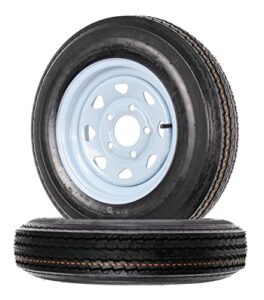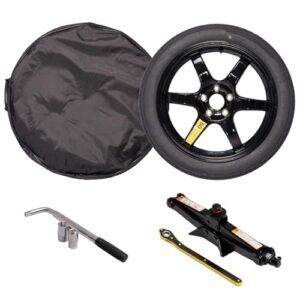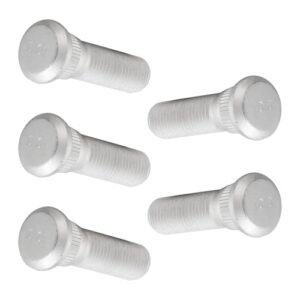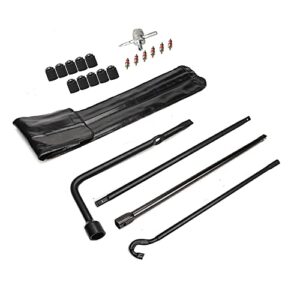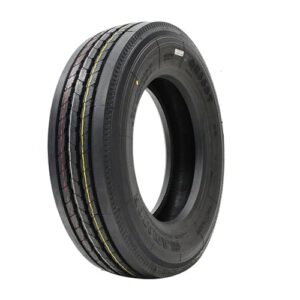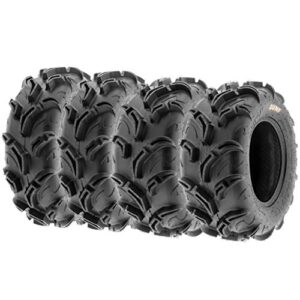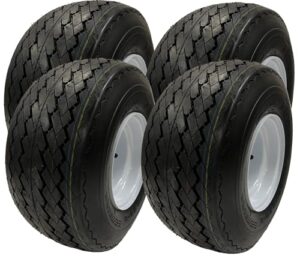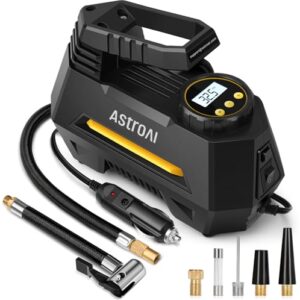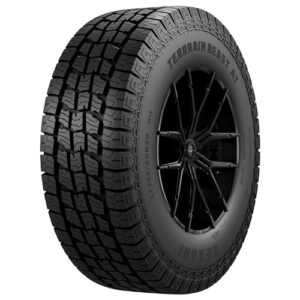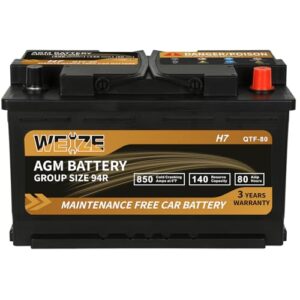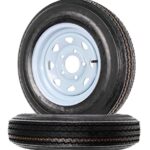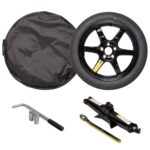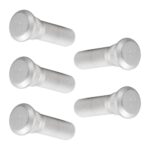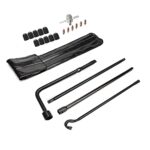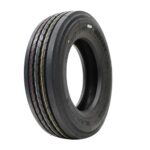Have you ever been driving and suddenly noticed that your car is producing an unusual amount of noise from the tires? It’s a common concern among vehicle owners and can be caused by various factors. Loud tire noise not only impacts your driving comfort but can also be a sign of underlying issues that need to be addressed. In this blog post, we’ll explore the reasons behind loud tire noise and offer practical solutions to help mitigate it.
Common Causes of Tire Noise
To understand why your tires are loud, it’s essential to look at various factors that contribute to tire noise:
- Tire Tread Pattern: The design of the tread pattern greatly influences noise levels. Some patterns are designed for performance, while others focus on a quieter ride.
- Tire Type: Different types of tires (all-season, winter, high-performance) produce different noise levels depending on their specific uses and designs.
- Tire Wear: Uneven or excessive wear can lead to increased noise and vibrations.
- Inflation Pressure: Under-inflated or over-inflated tires can lead to increased noise and potential damage.
- Wheel Alignment issues: Misalignment can cause uneven wear and increased noise.
- External Factors: Road texture, debris, and weather conditions can also influence the level of noise produced by your tires.
Diagnosing Tire Noise
A thorough examination can help diagnose the cause of your tire noise. Here’s a checklist to guide you:
| Checkpoints | What to Look For |
|---|---|
| Tread Pattern | Inspect for even wear and the type of tread pattern. Performance tread patterns tend to be noisier. |
| Tire Pressure | Check if the pressure levels match the recommended PSI for your vehicle. |
| Alignment | Look for signs of uneven wear which may suggest alignment issues. |
| Balance | Feeling vibrations at high speeds can indicate tires need rebalancing. |
| External Check | Examine for debris, punctures, or damage to the tire surface. |
How to Reduce Tire Noise
Once you’ve isolated the cause of your loud tires, you can take measures to fix the issue:
- Proper Tire Maintenance: Regularly rotate and balance your tires, and maintain the manufacturer-recommended tire pressure.
- Invest in Quality Tires: Consider replacing your existing tires with ones that have noise-reduction technology.
- Wheel Alignment: Ensure your wheels are properly aligned as per your vehicle’s specifications.
- Drive Carefully: Avoid speeding and aggressive driving to reduce tire wear and noise.
- Choose Smoother Roads: Whenever possible, drive on smooth surfaces to minimize road noise.
When to Seek Professional Help
If you’ve tried the above steps and the noise persists, it may be time to seek professional help. A certified mechanic can provide a comprehensive analysis and address more complex issues that might be causing your tires to be loud.

Frequently Asked Questions
Why Do New Tires Produce Noise?
Brand-new tires may emit noise due to their tread design. The patterns on the tire surface can catch air, causing audible effects as you drive. Optimized tread designs often reduce this issue.
Can Tire Pressure Affect Road Noise?
Incorrect tire pressure can lead to excess noise. Over-inflated tires have less contact with the road, while under-inflated tires cause more friction, both resulting in louder road noise.
How To Quiet Noisy Tires?
Reducing tire noise involves proper tire maintenance and choosing tires with noise-reducing features. Ensure the tires are balanced, aligned, and inflated to the correct pressure for a quieter ride.
Conclusion
Loud tire noise is not just irritating; it can also signify that your vehicle requires attention. By understanding the causes and taking proactive steps to reduce tire noise, you can enjoy a quieter, smoother, and safer driving experience. Remember to keep up with regular maintenance and consult professionals when needed to keep your tires in top condition.




